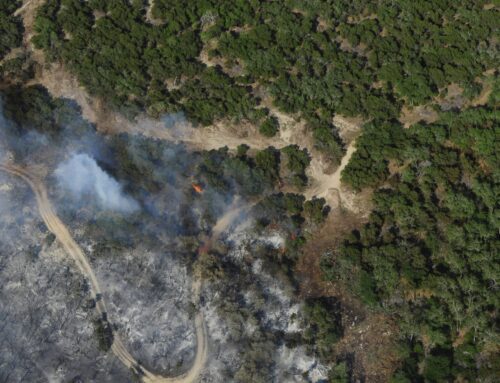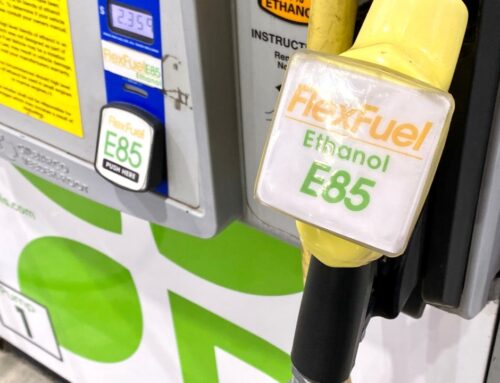On Friday, the Department of the Interior (DOI) announced it will restart oil and gas leasing on federal lands. According to the agency, leasing will be restricted to areas with higher oil and gas potential and new leases will include a royalty rate of 18.75%.
In response to the news, Taxpayers for Common Sense released the following statement from TCS vice president Autumn Hanna:
The changes announced by the Department of the Interior are a long-overdue step toward ensuring American taxpayers get a fair return on oil and gas leases sold to some of the world’s most profitable companies seeking to extract valuable resources on our nation’s public lands.
This announcement recognizes that valuable leases on public lands were being sold at laughably low prices based on rates and terms established up to a century ago. In effect, taxpayer dollars have been subsidizing multinational oil and gas companies operating on America’s public lands making profits that are funneled back into shareholder portfolios.
We have long urged the Dept. of the Interior to set a leasing royalty rate of 18.75%, similar to what many states and private landowners already charge and what the federal government charges for offshore leasing in federal waters. The reforms will have little or no effect on oil and gas production but will bring in more revenues for taxpayers. If an 18.75% royalty had been collected on all oil and gas produced from federal lands over the last decade, taxpayers could have received up to $13 billion more in royalty revenue.
Today’s oil and gas leasing reforms will benefit taxpayers, grow our economy, and help us move towards more balanced energy development on public lands that belong to every American.
Background
For more than two decades, TCS has advocated for an increase to royalty rates and other oil and gas leasing reforms. DOI’s actions are a positive first step in the Department’s proposed rulemaking process to reform and modernize the federal leasing process with a focus on royalty and bonding rates, prioritizing leasing in areas with known resource potential and avoiding leasing that conflicts with recreation, wildlife habitat, conservation and historical and cultural resources. Read more information on the leasing process and needed reforms here:
- The Federal Oil and Gas Leasing Process
- Reform Federal Oil & Gas Leasing to Get Taxpayers More
- Getting the Facts on Oil & Gas Preferences
- Abandoned Wells and Oil and Gas Bonding FAQ
- Oil and Gas Bonding on Federal Land
- Noncompetitive Oil and Gas Leasing on Federal Lands
- Oil and Gas Speculation on Federal Lands










